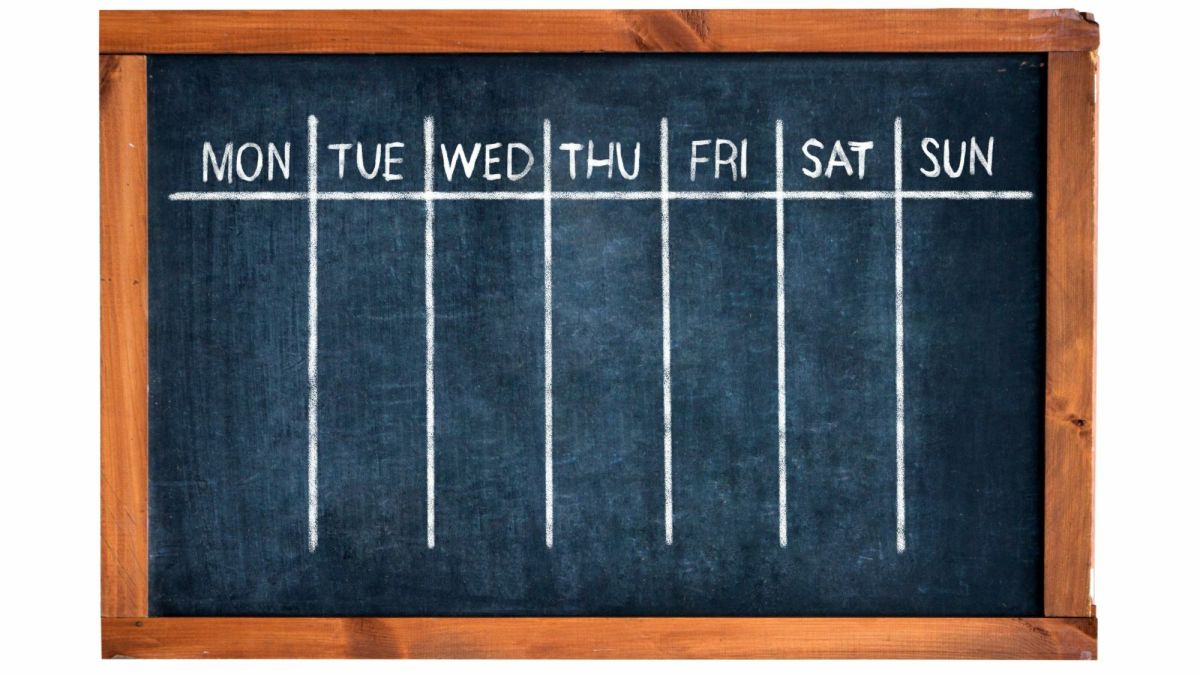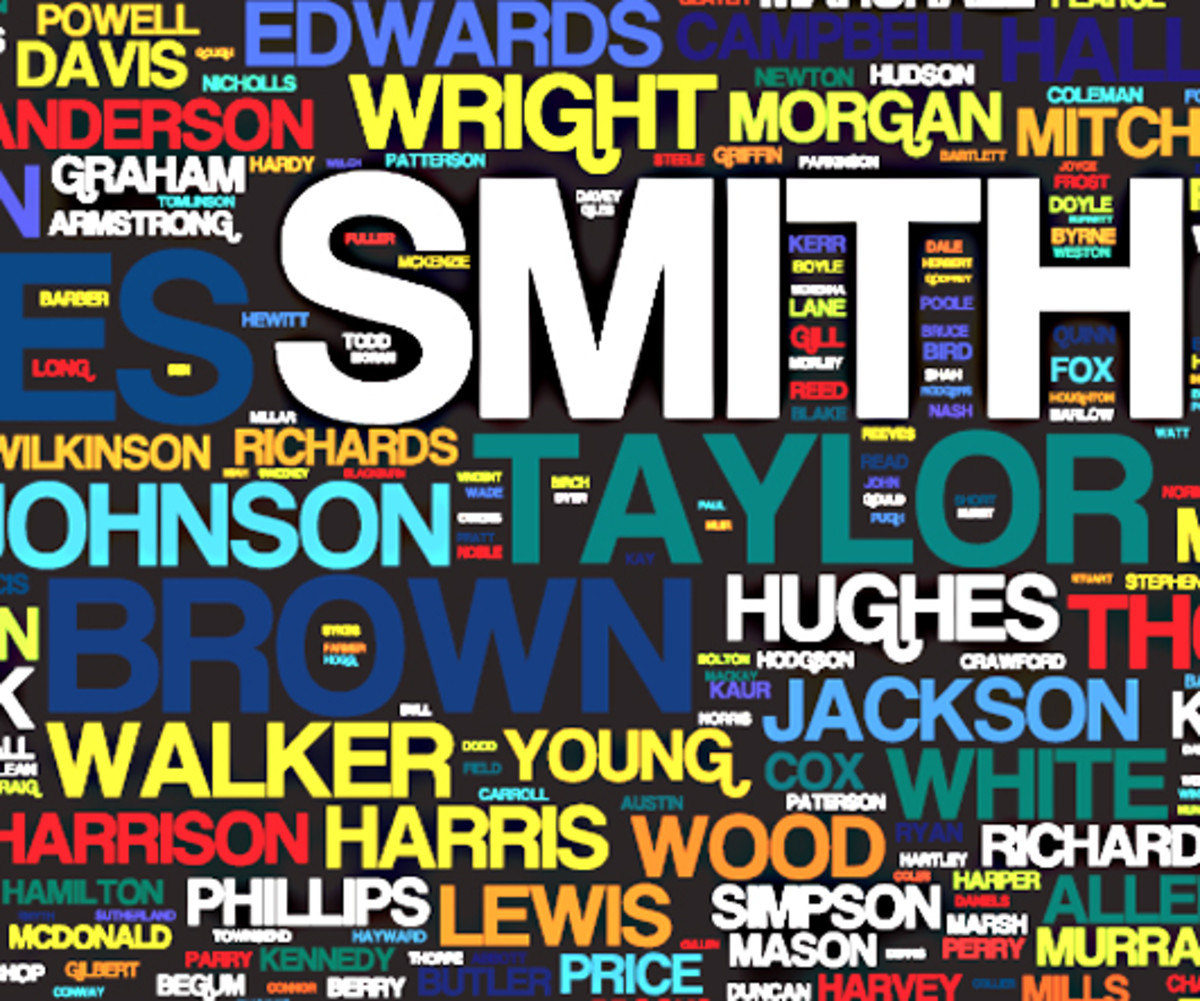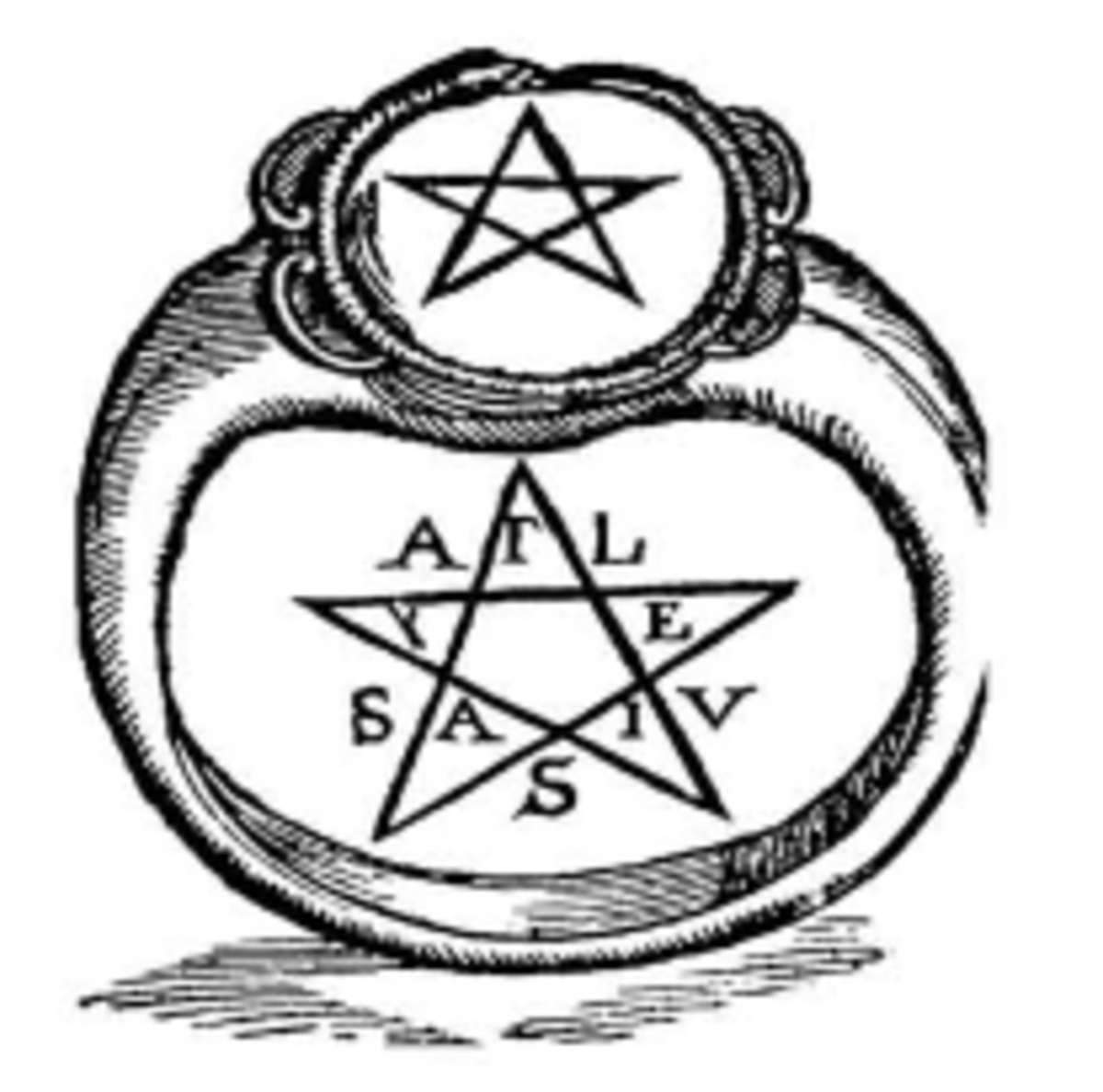The History of Wednesday
“Wednesday comes in the middle of the week,
Middle of the week
Middle of the week
Wednesday comes in the middle of the week
‘Cause Wednesday’s right in the middle.
“Sunday, Monday, Tuesday
They have gone away
Then comes Thursday, Friday
Then comes Saturday
“It’s such a funny riddle
Why Wednesday’s in the middle
In the middle, in the middle
Of the week!”
I don’t know whether this is one of those “tradition children’s songs” or if my friend Kim made it up, but I remember her singing it in middle school to make me laugh during Mrs. Wanie’s social studies class. Something in Kim’s goofy attitude combined with my general lack of interest in whatever Mrs. W was enthusiastically teaching caused those uncontrollable giggles that only arrive during class, during church or in the middle of a crowded elevator.
Somewhere between organizing my pencil box and Kim and I using our turtlenecks to pretend we were bandits by pulling the elongated neck over our mouths, (it’s a wonder they let us sit together) I should have been listening to Mrs. Wanie’s lectures, because apparently I didn’t learn one crucial lesson: history repeats itself, or, in another sense, what goes around, comes around. I now teach high school English and, if I could go back now, I would smack my inattentive adolescent self upside the head for being so inconsiderate to my teacher. I now have more respect for Mrs. Wanie and almost all of my other teachers than I ever did when I was in their classes. I’ve been in “the trenches”, as the cliché goes, and I have the stories to go along with it.
Wednesdays hold a special meaning to my teaching life. In the world of office memos, broken photocopiers and TGIF, Wednesday is known as Hump Day. It’s the middle of the work week--a hump to get over before the downhill slide into Thursday and Friday, and then, the glorious weekend. Contrary to popular opinion, Wednesday is not considered the worst day of the week anymore (hence, breaking up a beautifully alliterative family.) Tuesday, which is “nameless, formless and generally craptastic” according to one blogger, and Thursday, which is “past ‘hump day’ but not quite the weekend” according to another internet user, have surpassed Wednesday. I have to give Wednesday its credit though--it still strikes several hits when Googling “worst day of the week.”
Simply searching for the word “Wednesday” gets over 3 million responses on Google. In Google Image, searching for “Wednesday” gets the random images of a soccer team, goth bands and people doing random Wednesday-type things, like cooking dinner, holding babies or standing awkwardly with other people in equally uncomfortable clothing getting a photo taken by someone who brought a camera just so she didn’t have to be in any of the pictures. Clearly, Wednesday is for all people and for everything.
The word “Wednesday” itself has a rich and somewhat checkered past. It originally comes from Old English meaning Woden’s Day, which in turn descends from the Latin “day of Mercury” (where the French get their word for Wednesday: Mercredi.) The two gods--Woden and Mercury--lead Wednesday’s history down two different, but interwoven, paths.
Woden, or Odin, was the chief Teutonic god, the All-Father. His name was derived from wod-eno or wod-ono meaning “raging, mad, inspired”. This in turn comes from the base wet- meaning “to blow, inspire, spiritually arouse”. Back in the day, Wednesday sure had a lot going for it. All of this “worst day of the week” business must be a bunch of propaganda promoted by the other days of the week. It seems as though Wednesday should be associated with those who inspire, with the arts, with intelligence, with being “spiritually aroused” and all of that esoteric business. Poets should be writing odes to Wednesday; songs should be sung to Wednesday; artists should depict the great and wonderful events that have taken place on Wednesdays and these picture should be placed in expensive frames and people should be charged money to gaze at them hanging on a wall in a large building; and, yes, we should even have the day off from work on Wednesday!
Perhaps that’s going a bit far. Wednesday comes from the same root words as wood, which used to hold the meaning of “violently insane”. In some weird linguistic way, poet comes from the same origin as well. I don’t think I need to make the link between the “violently insane” and the “poet”.
The Roman messenger god Mercury (renamed from the Greek god Hermes) is our guide down the other historical Wednesday path. Mercury was said to be the god that presided over trade and commerce as well as being the leader of souls to the underworld. Sounds like a pretty boring job, when you could be something like the god of thunder or the god of sparkly things. His counterpart, Hermes, got the better half of the deal: the god “of boundaries and those who travel across them, of shepherds and cowherds, of orators and wit, of literature and poets, of athletics, of weights and measures, of commerce in general, and of the cunning of thieves and liars” (Wikipedia). Now that sounds like a Wednesday kind of god! Over the years, Mercury has come to stand for the intellect and various means of communication, as his main job was as the messenger god; he has also been associated with the nervous system, organs of vision and speech, and the hands, all body parts associated with intellect.
So, how did this trickster, inspiring, violently insane day become so mundane? Persians regard it as a red-letter day because the moon was created on the fourth day--the celestial body said to control lunacy. How have we been able to use mercurial to mean “unpredictable” and “having the characteristics (eloquence, shrewdness and thievery) of Mercury” while Wednesday has come to be stereotyped as one of the worst days of the week? How has Wednesday’s child become the one “full of woe” according to tradition, while other children are full of grace and other such nonsense? And most importantly, how did Wednesday come to have such meaning to me? Why did I do such minute, and some might say, obsessive, research into one of the days of the week, leaving the other six feeling slighted, jealous and a bit left out? As usual, I must blame it on someone else. It all started with Mike, one of my colleagues in the English department.
I’m relating this story at least third hand, perhaps fourth hand, but it doesn’t matter what hand we’re on; this story involves fingers. Allow me to take you to a kindergarten or, perhaps, a preschool classroom where the kids are learning the days of the week. In an innovative, inspirational teaching moment, the teacher tells the kids to remember the days of the (working) week by assigning each of them to a finger: Monday is the thumb, Tuesday, the pointer finger, Wednesday, the index finger, and so on. The greatest part of this method is that, even of the kids do it backwards, there are still enough fingers, and Wednesday will always fall on the middle finger. Some while later, in the hallway, a little cherub in that class demonstrated what he had just learned. He wished another teacher a “Happy Wednesday” by holding up just his two middle fingers to her and smiling broadly.
Mike told me, as well as other colleagues in the department, this story, and “Happy Wednesday” has become sort of our mantra around the department. It started out as a cleverly veiled “f*** you”. We would make sure to wish each other a “Happy Wednesday” just as a reminder of the inside joke. I would wish my students a “Happy Wednesday” if they were being especially annoying. It’s now come to take the meaning of “what an amazing weird/stupid/idiotic/bass-ackwards thing to happen and this is something I don’t need to or want to deal with and of course, it’s a Wednesday”. It’s very helpful to have two words to encompass that entire thought. And of course, wishing someone a “Happy Wednesday” is not limited to just Wednesday; sometimes a Monday, or on a rare occasion, a Friday, can feel like a Wednesday.
But, really, when it comes down to it, Wednesday is just being Wednesday. It’s unpredictable, it’s associated with trickery, and sometimes it can make us violently insane (well, more violently insane than a bunch of English teachers normally are). Wednesdays are days we create the world’s next poets and writer and composers. Wednesdays are the days we go raging mad to make sure we’re inspiring our students and ourselves to do the best we can do. We engage their intellect, support them as communicators and weed out the thieves and liars (we hope). When it comes right down to it, Wednesday is the perfect day for English teachers, especially a group as wild and varied and inspired as the group I work with can be. Not all Wednesday-like events happen on a Wednesday; but somewhere the spirit of Mercury was at play and the All-Father was looking down at us and laughing, wishing us all a “Happy Wednesday.”








